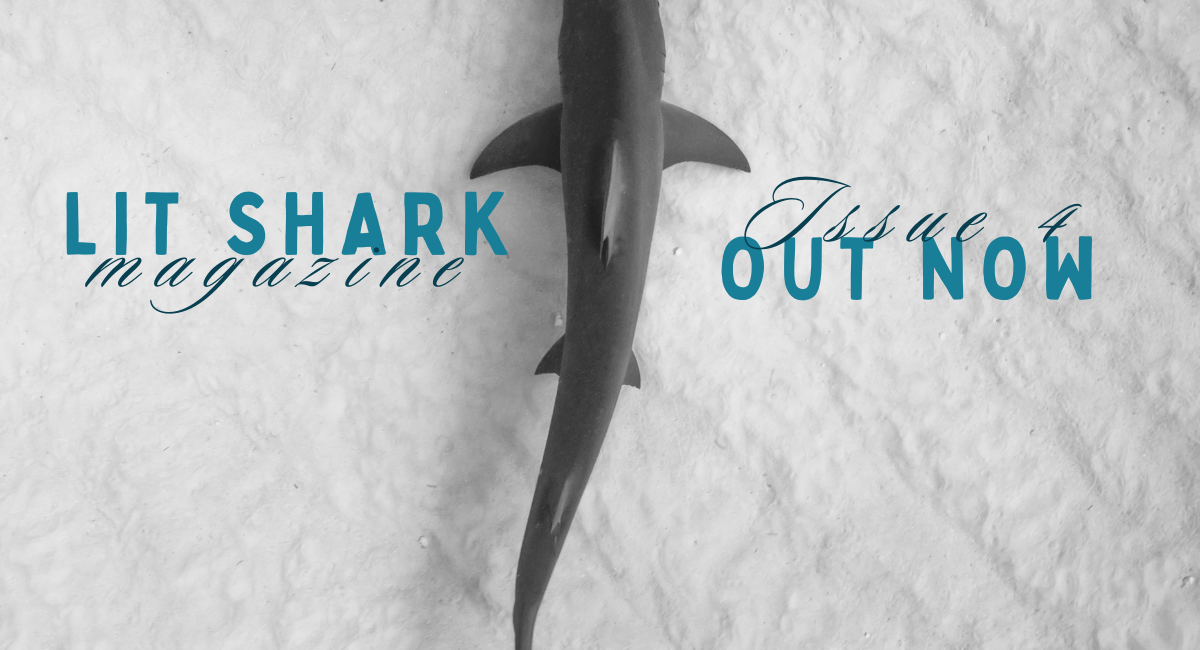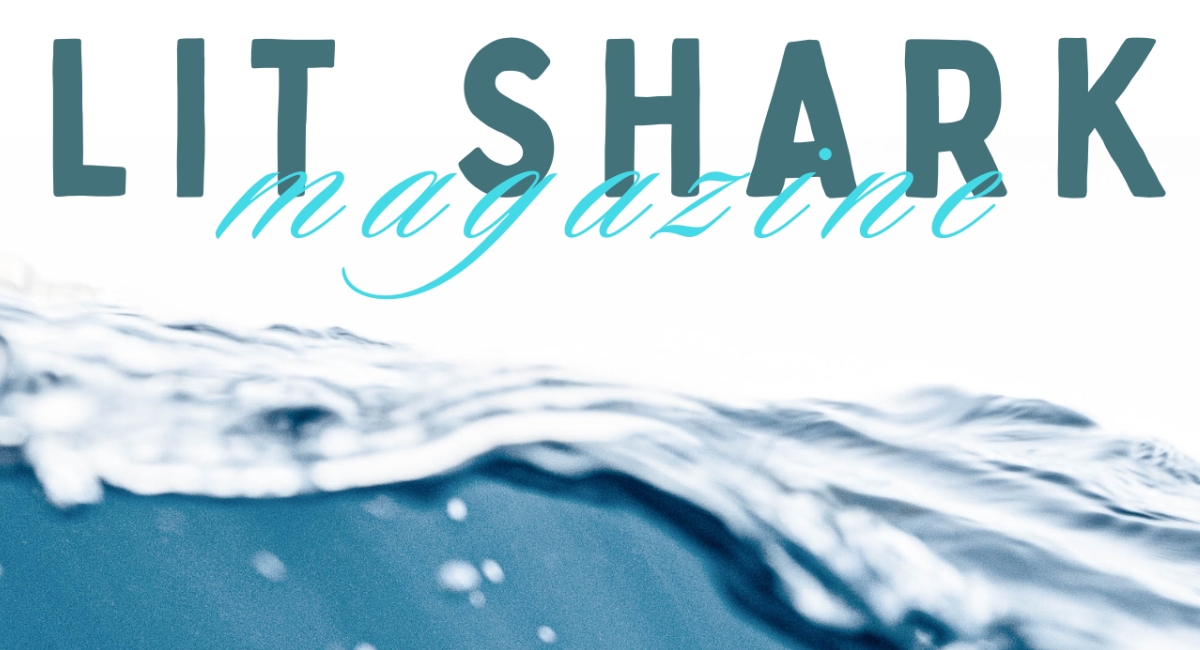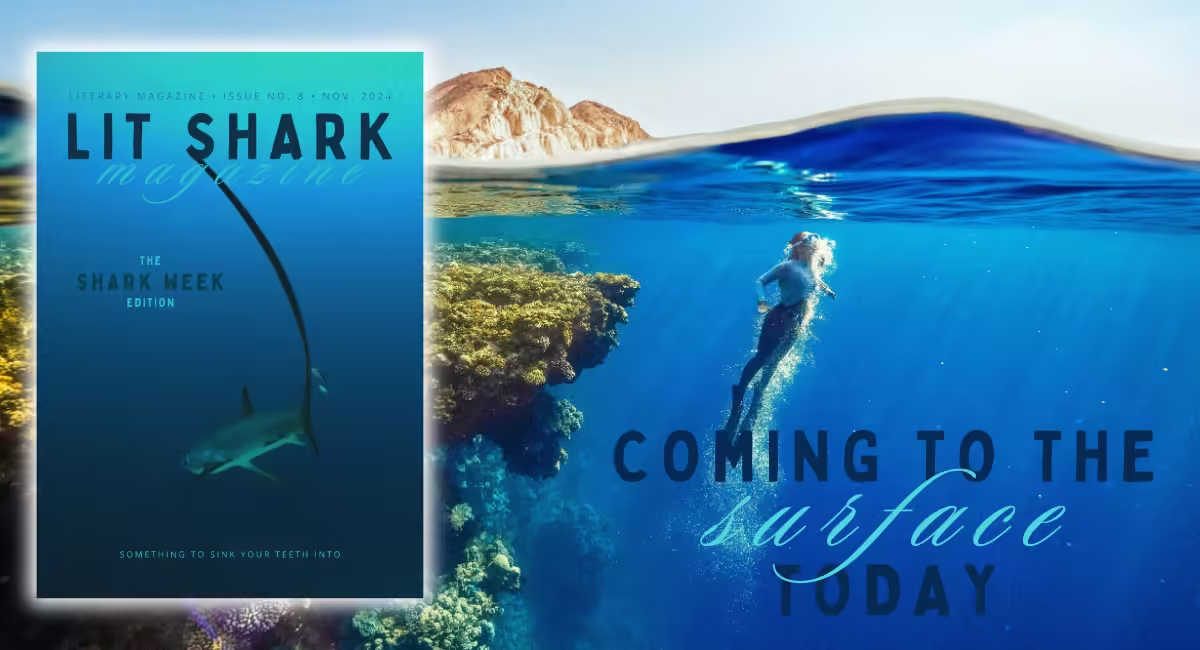Writing reviews can be extremely difficult. What’s ironic, though, is that I tend to find greater difficulty in writing a review about a book that I loved, rather than one I was unimpressed with. Perhaps this is because I tend to find some angle of merit in each work that I read—a particular writing technique, the storyline, a character, the research process, etc.—but it’s often much more problematic finding only one or two favorite things to talk about from a work that I love. With a collection as stunning and powerful as Meg Day’s Last Psalm at Sea Level, I found myself entranced in its aesthetic and emotional range, as well as the sheer breadth of topics addressed. It kept me guessing, reeling at every turn, images staying with me and realizations haunting me as one poem connected to another, their layering. “Powerful” fails to cover this collection.
If I had to choose one or two favorite aspects of this collection, it would be the collection’s range, both in the sense of topic and writing technique. Many collections fall into the trap of focusing on one poetic form (let’s say, couplets) and/or one topic, or theme. While there is nothing wrong with concentrating on one form, or couplets, or doing a themed project, some of these collections begin to feel contrived or forced in their attempt at, almost, hyper-focusing. Day, however, is unafraid to push beyond these potential restrictions and moves through a variety of forms and topics that, in the end, reflect a sort of personal exploration and discovery in relationship to family, sexuality, and identity, which unifies, both, the aesthetic and emotional ranges that might otherwise become disjunctive.
Day demonstrates a lovely mastery of lineation, white space, sound, and rhythm in these poems, ranging from the short-line, one-stanza poem (i.e. “Hymn to a Landlocked God”) to long, enjambed lines split into couplets, indented across the page (“Ghazal for Finally Leaving What Has Already Left”). Her writing is economical and creates a currency that I am aware of, envy, and strive for in my own writing: sharp, almost declarative (certainly confident, certainly demanding) sentences, beautiful line breaks that often create double meanings in the line or otherwise surprise, as well as memorable and surprising imagery and depictions of God, of the Church, of faith, of family; the list goes on. The ability to do so much with the physical poem on the page, being able to work and twist and bend its limbs and how they feel and taste when rolling off the tongue, or how they appear when they are seen, there is so much here to appreciate—too much to cover in a single review.

Last Psalm at Sea Level by Meg Day
And as if the collection did not offer enough by way of writing technique, there is a lack of emotional boundary. As stated previously, these poems largely focus on family and faith, sexuality, and identity, and these themes are hardly achieved through the traditional or cliché; rather, they are discovered and refined through surprising imagery and sentiment. A sexualized relationship with God (and the images related), strange nature imagery when retelling family, and recasting oneself as several opposite-sex relatives are only a few of the more surprising—and, in the end, absolutely beautiful—leaps that this collection makes. These moments are shocking, cut to the bone, and highly, highly memorable. Characters on the front porch in oversized clothes, and the direct appeals to God in the title poem, among many other moments, continue to stay with me.
What becomes the most beautiful, the most startling, in the end, however, is this collection’s trials and representations of grief—both as a construct and as an entity. Perhaps what Day has mastered more than anything else is her skill of relating to the reader, presenting concepts and images that feel right to our hearts, whether or not they appear correct on the surface. This ability to relate is what leads these images to be so powerful, and memorable, and what makes these concepts of family and sexuality, etc., such a mainstay, rather than just another representation of the same constructs. If I may for a moment separate Grief and Sorrow as two different concepts, I see the collection largely as a representation of the grieving process, and as an address to Sorrow as an entity. Though not put in so many words, I think this is often how we move through grief, which makes this division all the more appealing, and relatable. While there are undeniably stages of grief, there is also this entity that we may find ourselves addressing along the way—asking why, wondering whether or not we can survive this, projecting memories of the grieved onto this sort of corkboard of the process… All of those thoughts have to be pointed somewhere, to someone. For some, that would be a Higher Power; but for others, it may simply be the emotion itself: Sorrow of the body. Whether or not this collection makes an argument for or against turning to a Higher Power, or to Sorrow, is hardly my point; it’s more so this process of dealing and relating to that process, giving it a name and (almost) a face, something (or someone) to lean into when there often appears to be no one else. Like everything else in this collection—the elements of family, the humor, the wit—we’re made to understand pain, to stare it in the face, and what stares back stays with us long after the book is closed.
Really, that becomes the whole purpose of a collection: creating something memorable. That goal is tremendously achieved in this collection, read after reading. It’s stunning, it’s powerful, it’s intensely composed… While this review is hardly exhaustive of this poet’s and her poems’ merits, her ability in range, and her representation of Sorrow as an entity, became favorite focal points for me as a reader. It’s a collection that I will continue to return to, and a poet I admire and take influence from.
My advice? Read it, digest it, and then read it again.
I’ll be taking my own advice again soon.

Meg Day
MEG DAY, selected for Best New Poets of 2013, is a 2013 recipient of a National Endowment for the Arts Fellowship in Poetry and the author of Last Psalm at Sea Level, winner of the Barrow Street Press Poetry Prize (forthcoming 2014), When All You Have Is a Hammer (winner of the 2012 Gertrude Press Chapbook Contest) and We Can’t Read This (winner of the 2013 Gazing Grain Chapbook Contest). A 2012 AWP Intro Journals Award Winner, Meg has also received awards and fellowships from the Lambda Literary Foundation, Hedgebrook, Squaw Valley Writers, the Taft-Nicholson Center for Environmental Humanities, and the International Queer Arts Festival. Meg is currently a PhD candidate, Steffensen-Cannon Fellow, and Point Foundation Scholar in Poetry & Disability Poetics at the University of Utah.






0 Comments
Trackbacks/Pingbacks